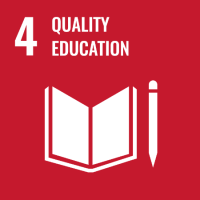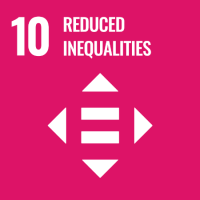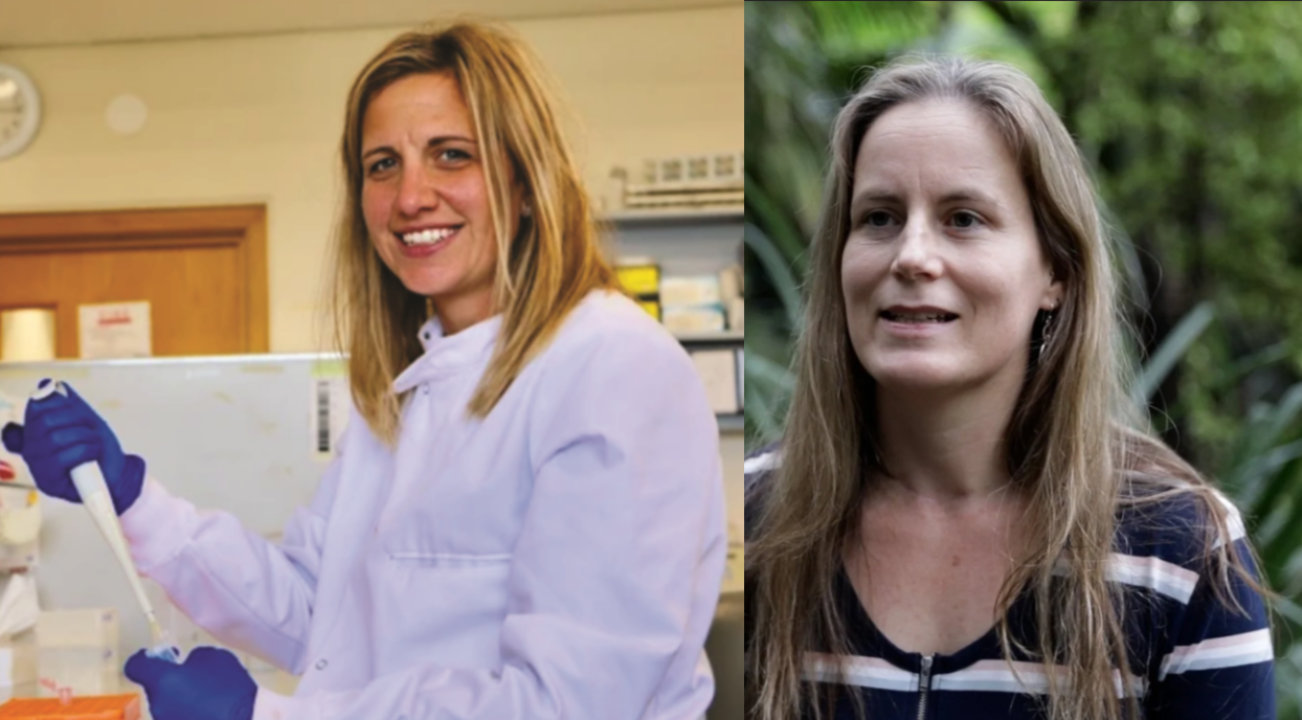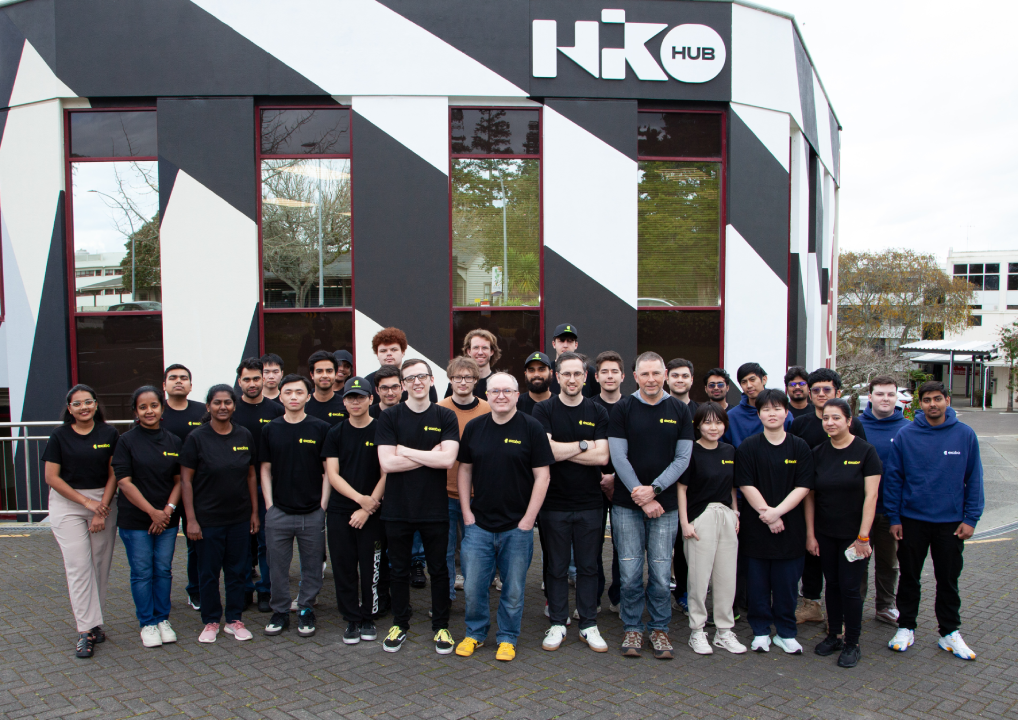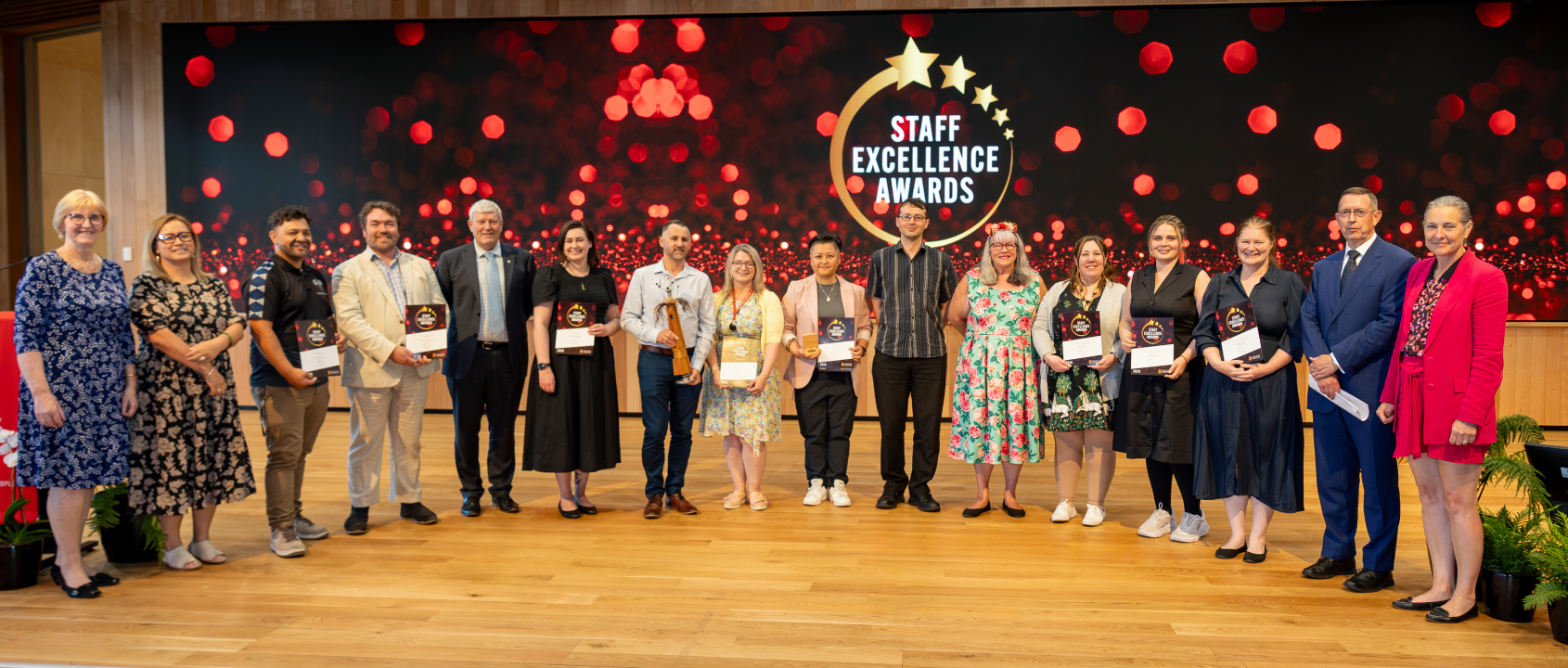In Our Language: Journal of Pacific Research was launched online by the University of Waikato in March.
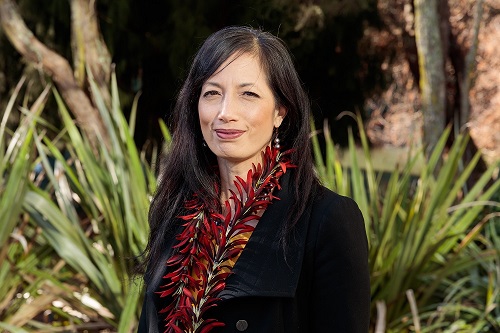
Assistant Vice-Chancellor Pacific, Dr Keaka Hemi.
It is a significant step for advancing the research of Pacific communities, providing an academic publication where existing peer-reviewed and published research can be translated into and read in diverse Pacific languages and dialects.
The goal of the journal is to make research and insights about Pacific communities and issues more readily accessible to a wider range of Pacific stakeholders, says co-editor Dr Keaka Hemi, University of Waikato Assistant Vice-Chancellor Pacific.
“Part of this initiative is to give indigenous Pacific languages and knowledges their rightful, equitable place with other languages and knowledges.”
A recent search of the University’s library database showed more than 72,000 published papers that focused on Pacific topics in some way.
“Most of those papers will not be published in the language of the people who are the subjects of, and the biggest stakeholders in, the research,” says Dr Hemi, who is Kanaka Maoli and Native Hawaiian.
Co-editor and driving force behind the journal, Dr Apo Aporosa, says that Pacific communities should be able to engage with research done on them or their culture, in their own language.
“The key is to get the information back to the people involved in the research process in a fair, equitable and ethical way,” says Dr Aporosa, a research fellow in Te Huataki Waiora School of Health at the University of Waikato who is kai loma (mixed Fijian and European ancestry).
Dr Hemi says the journal welcomes a diverse range of submissions.
“We are putting out a general call for Pacific scholars across disciplines, as well as other researchers who want to see their research reach a wider group of stakeholders,
“We are looking for journal articles that are written by Pacific scholars and researchers, but also those from non-Pacific researchers that speak about Pacific communities and Pacific topics.”
Dr Aporosa says that although submissions must have already appeared in a peer-reviewed journal, they don’t need to be full articles, but could be shorter sections. The editors are also open to receiving published reviews, poems, short stories and essays.
The journal offers authors the chance to partner with Pacific scholars, students and the community in the translation process. This both builds knowledge creation capacity and involves Pacific language speakers as part of articulating research about them.
The In Our Language editorial board – who will also assist in the translation process - is made up of a range of academics and professionals from multiple Pacific countries including Samoa, Tonga, Guam, Fiji, Solomon Islands, Vanuatu, Niue and the USA.
“Should a submission come in requiring translation in a language not represented on our advisory board, we can advise on the best process for moving forward,” says Dr Hemi.
The board also comes from various institutions and organisations, including AUT, Massey University, Victoria University of Wellington, Otago University, Unitec Institute of Technology, University of Fiji and University of Oslo.
The first paper published in the journal, on kava ethno-cultural identity in Oceania, was translated by Masters student Usaia Gaunavou and Dr Aporosa into Fijian.
Contributions are warmly welcomed from near or far, to connect Pacific research, stories and communities around the globe.
“We would love for our colleagues from across Aotearoa, the Pacific and farther afield to join us,” says Dr Hemi.
